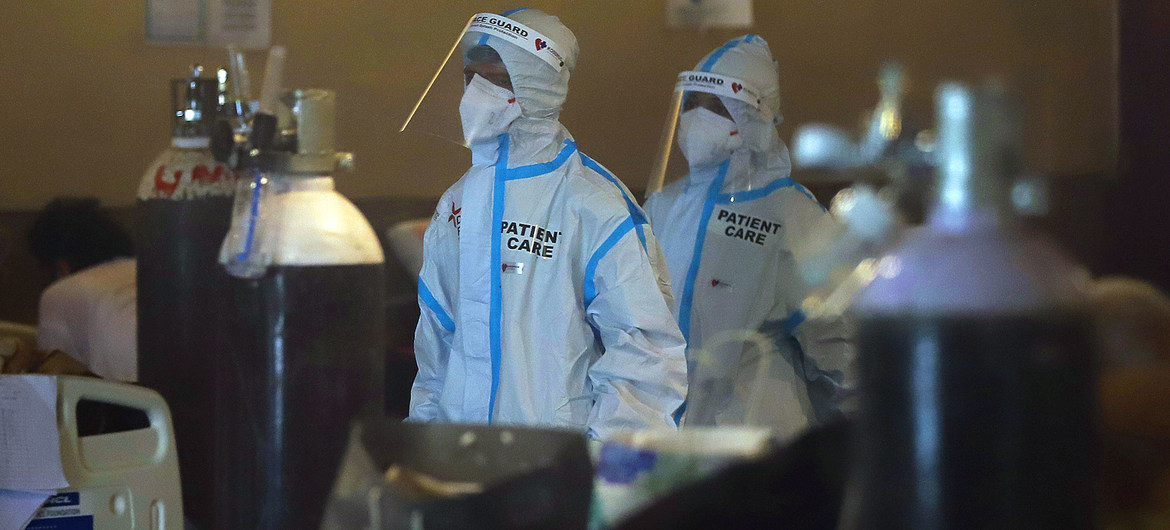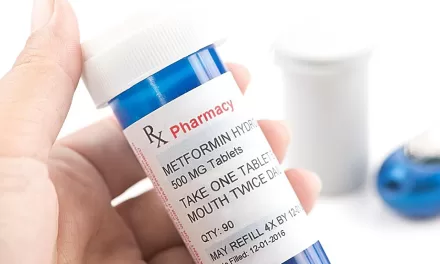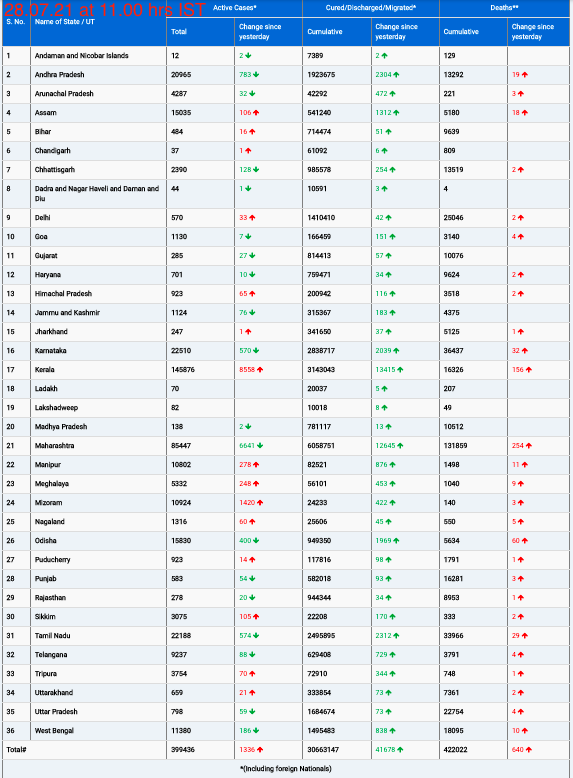LONDON – A significant survey published in the journal BMJ Quality & Safety reveals that nearly one in ten people in Great Britain have experienced harm related to care or treatment received from the National Health Service (NHS), or due to difficulties in accessing care, within the past three years.
The study, conducted by Ipsos between November 2021 and May 2022, surveyed 10,064 individuals across England, Scotland, and Wales. It found that 9.7% of respondents reported experiencing NHS-related harm. Of those, 6.2% cited harm due to treatment or care received, while 3.5% attributed harm to a lack of access to care.
The impact of this harm was substantial, with 44.8% of respondents reporting severe consequences and 37.6% reporting moderate consequences. Notably, the study highlighted significant disparities, with disadvantaged groups, including those with disabilities, long-term conditions, and lower socioeconomic backgrounds, experiencing higher rates and more severe impacts of harm.
The survey also explored how individuals responded to these incidents. Around two-thirds sought support from family and friends, and nearly 60% sought professional advice. However, formal actions, such as legal claims, were rare, with only 2.1% pursuing legal compensation. A significant 21.6% of respondents indicated they would not want to make a financial claim against the NHS, reflecting a sense of loyalty to the institution.
Instead of compensation, many individuals desired treatment or care to address the harm (44.4%), an explanation of what happened (34.8%), and access to previously denied treatment (29.7%). The study also revealed dissatisfaction with formal complaint processes, with two-thirds of those who filed complaints feeling they were not handled well.
The authors of the study acknowledged several limitations, including the survey’s timeframe during the COVID-19 pandemic, which may have influenced the results. They also noted potential biases in representation, despite the use of quota sampling.
Despite these limitations, the study concludes that NHS-related harm is more prevalent than previously thought and has significant consequences for individuals, families, and the healthcare system. The authors emphasize the need for improved support systems, particularly for those harmed due to lack of access to care, and addressing the inequities faced by disadvantaged groups.
“An important finding of this study is that people harmed through a lack of access to care also require support, and the responses they desire differ from people who were harmed through treatment of care received,” the authors wrote.
The study also highlights the importance of recognizing and addressing the needs of patients harmed by lack of access to care, as their support needs differ from those harmed by treatment.
Disclaimer: This news article is based on the provided survey data and should not be taken as definitive proof of widespread negligence within the NHS. The survey reflects reported experiences and perceptions of participants, and further investigation may be necessary to fully understand the complexities of the issues raised. Individual experiences may vary, and this article does not provide medical or legal advice.(More information: Patient-reported harm from NHS treatment or care, or the lack of access to care: a cross-sectional survey of general population prevalence, impact and responses, BMJ Quality & Safety (2025). DOI: 10.1136/bmjqs-2024-017213)












